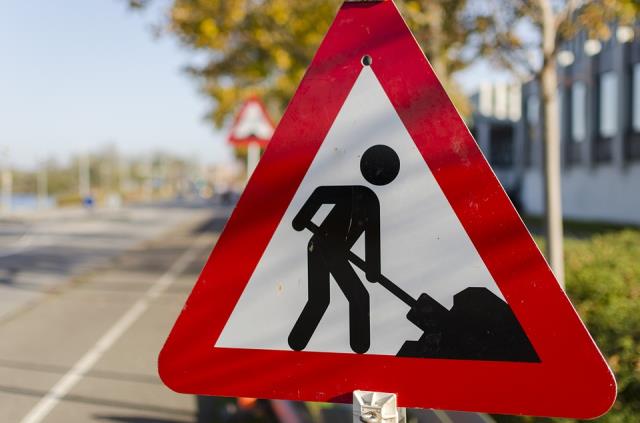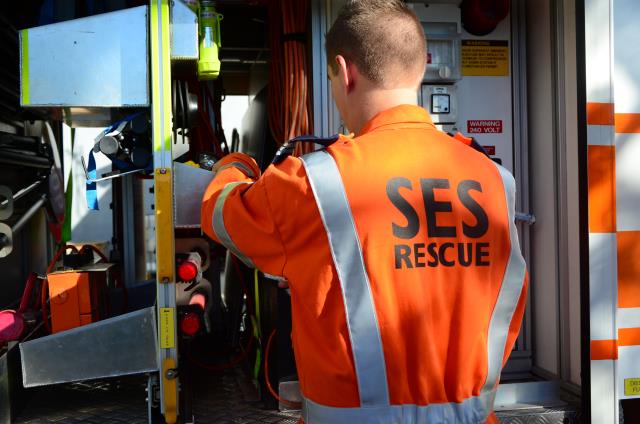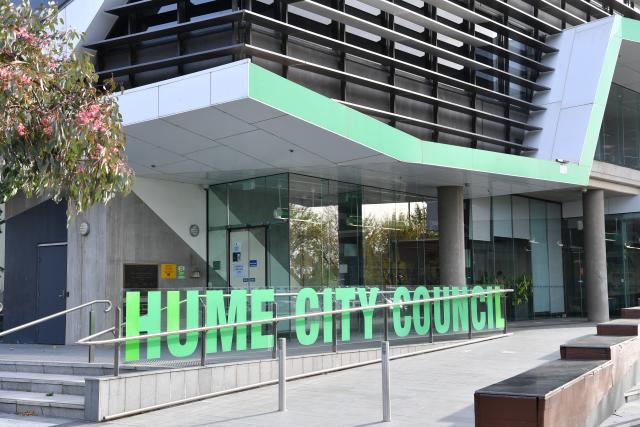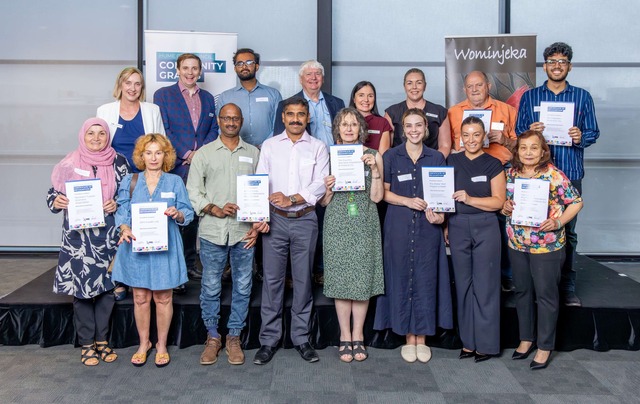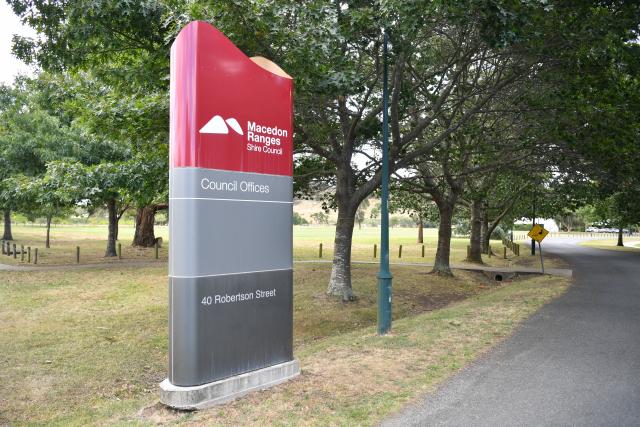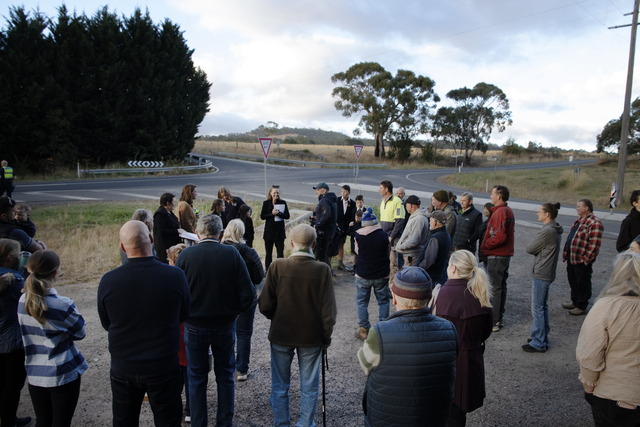Hi-Quality has been granted a development licence from the Environment Protection Authority (EPA), allowing the company to accept up to 100,000 tonnes of fill material and construction waste per year at its Bulla site.
The new licence will enable fill material and construction wastes including concrete, bricks, asphalt and rock to be disposed of at the site, for the purpose of waste processing and resource recovery.
Hume previous term councillor Jack Medcraft welcomed the news.
“They’ll be taking the rubbish from the Sunbury tip because that’s going to be closing, so they have to take it somewhere … we’re sending it to Wollert which is costing ratepayers a lot of money. It makes sense to send it to Hi-Quality,” Mr Medcraft said.
“[Hi-Quality] will be building a waste to energy plant, there’s no doubt about that. And they need waste to fuel it,” he added
However, Trevor Dance, who also served on the previous Hume council, said he is concerned about additional truck movements and feels the state “does not care about the welfare of Sunbury and Bulla residents”.
“The volume of trucks will be massive. Up to 100,000 tonnes of receival fill material and construction waste along a single lane road. There will be an estimated more than 100 extra truck movements per day,” Mr Dance said.
“It’s clear there are no roads that satisfy any required infrastructure. It’s just a matter of time before someone is killed along the single lane road and narrow Bulla Bridge.”
A Hi-Quality spokesperson said that the company understands the “community has questions about our operations and what it might mean for them.”
“Modelling for site operations in 2030 shows an equivalent of an approximate 1.5-2 per cent increase on anticipated 2031 traffic volumes for Sunbury Road. Assessments demonstrate the road network is equipped to handle these numbers. However, we have also included several measures to reduce potential impact, including by distributing movements across operational hours, and considering several truck routes to prevent reliance on a single road,” the spokesperson said.

